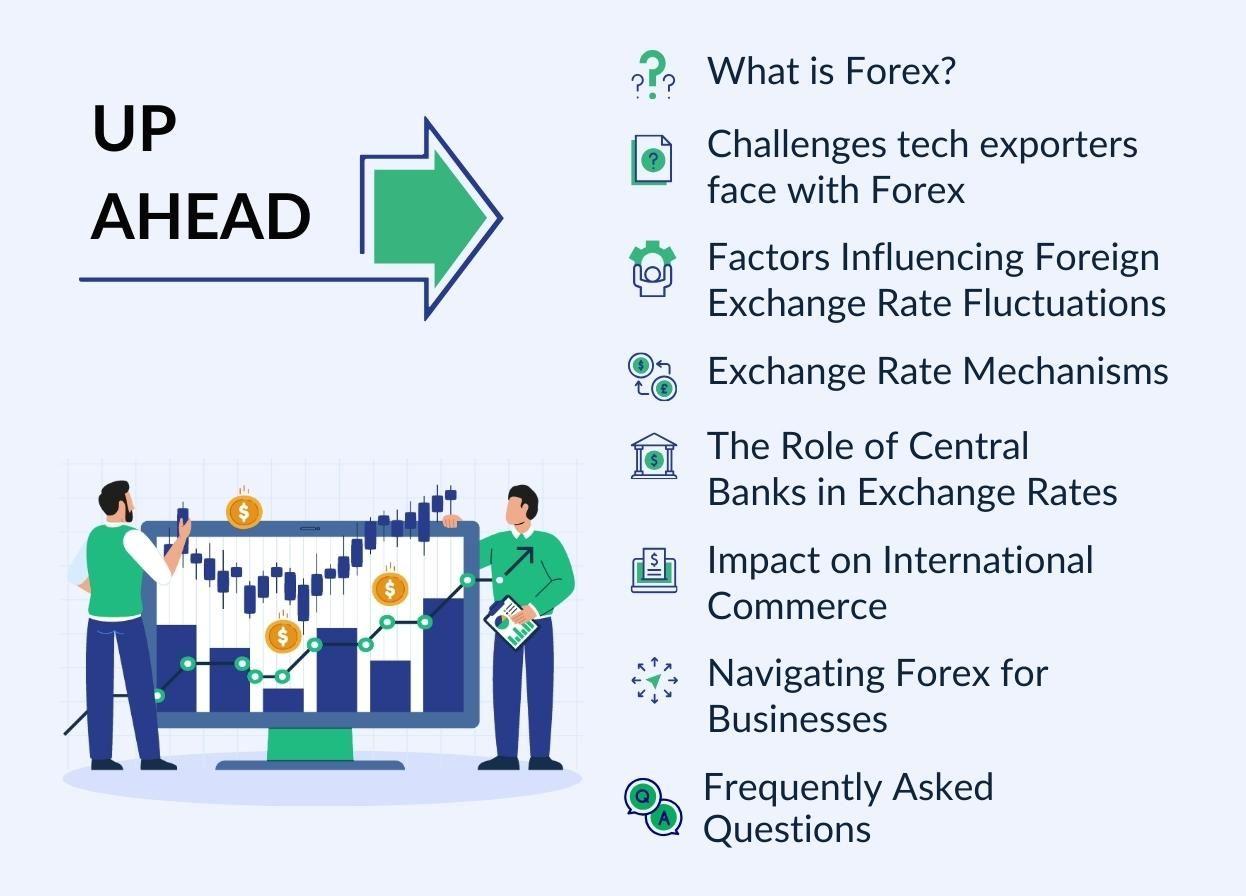
Deciphering the Complex World of Forex Trading Regulations: An Indispensable Guide
Key Takeaways
- Forex trading regulations are crucial for protecting traders and ensuring market integrity.
- Understanding legal frameworks is vital for compliance and operational success.
- Staying informed about changes can significantly affect trading strategies.
- Partnering with a regulated broker is a key step for safe trading.
- Global variations in regulations can impact trading conditions significantly.
Table of contents
- Peeling Back the Layers of Forex Trading Regulations
- The Protective Shield of Forex Trading: Its Legal Framework
- Navigating the Legal Labyrinth: Key Forex Trading Laws
- The Taxman Cometh: Navigating Forex Tax Laws
- The Guardians of the Forex Market: Regulatory Bodies
- Forex Trading’s Legal Globetrot: A Worldwide Overview
- Fulfilling Compliance Requirements: A Road Map for Forex Traders
- Partnering With a Regulated Forex Broker: A Crucial Decision
- Paying the Price: Consequences of Forex Regulation Non-Compliance
- Future Horizons: The Evolution of Forex Trading Regulations
The foreign exchange (forex) market reigns as the largest and most liquid trading arena globally. Yet, traders must navigate its complexities, particularly regarding regulations. Understanding forex trading regulations is vital to ensure compliance and safety in a financial environment marked by volatility.
Peeling Back the Layers of Forex Trading Regulations
Defining Forex Trading Regulations
Forex trading regulations comprise a complex array of laws, rules, and standards that govern interactions among brokers, traders, and other market participants. These regulations protect individual investors while maintaining the financial system’s stability and integrity.
The Guardian Role of Forex Regulations
Forex regulations ensure market integrity by thwarting manipulation and protecting traders from fraud and unethical practices.
The Cultural Mosaic of Forex Trading Regulations
Forex regulations vary significantly across different regions; thus, international traders must stay informed to comply with local mandates.
The Protective Shield of Forex Trading: Its Legal Framework
The Legal Foundation of Global Forex Trading
National and international laws combine to create a legal framework that governs forex trading. These laws protect traders, promote fair competition, and ensure transparency, guiding honest trading practices.
Forex Trading’s Legal Pillars
- Transparency
- Fair Dealing
- Client Fund Protection
- Disclosure Requirements
- Reporting and Record-Keeping
The Role of Broker Registration in Legal Compliance
Forex brokers must register with relevant regulatory authorities. This registration reflects their commitment to ethical practices, enhancing trader confidence.
Navigating the Legal Labyrinth: Key Forex Trading Laws
Forex brokers are required to report trading activities and manage client funds regularly, which enhances the legal safety of transactions.
The Taxman Cometh: Navigating Forex Tax Laws
Fulfilling tax obligations is critical for avoiding legal challenges in forex trading.
The Guardians of the Forex Market: Regulatory Bodies
Regulatory bodies play a crucial role in maintaining market order by enforcing compliance, conducting audits, and penalizing non-compliant entities.
Forex Trading’s Legal Globetrot: A Worldwide Overview
Countries with stringent regulations offer security for traders, while those with relaxed norms may provide flexible trading conditions accompanied by higher risks.
Fulfilling Compliance Requirements: A Road Map for Forex Traders
Achieving Compliance: A Step-By-Step Guide
- Choose Licensed Brokers
- Complete KYC and AML Procedures
- Maintain Comprehensive Trading Records
- Stay Updated on Regulatory Changes
Partnering With a Regulated Forex Broker: A Crucial Decision
When choosing a broker, verify licensing, compliance history, and transparency.
Paying the Price: Consequences of Forex Regulation Non-Compliance
Learning from cases of non-compliance is essential for understanding the risks involved in forex trading.
Future Horizons: The Evolution of Forex Trading Regulations
Summary: Essential Takeaways
Forex trading regulations are vital for creating a fair and profitable trading environment. Compliance protects traders and enhances market integrity.
Stay Updated: The Importance of Remaining Informed
Continued education on regulatory changes helps traders navigate the complexities of forex regulations confidently.
Trends Shaping the Future of Forex Trading Regulations
- Increased Focus on Technology
- Tightening of KYC and AML Protocols
- Greater Transparency
Signing Off: Final Thoughts on Forex Trading Regulations
The journey of forex trading is intrinsically linked to technology and regulatory initiatives. Traders must prioritize compliance to maximize opportunities and minimize risks. By adhering to forex regulations, traders contribute to fairness, transparency, and ethical conduct, ensuring long-term success.







